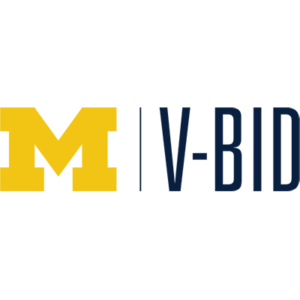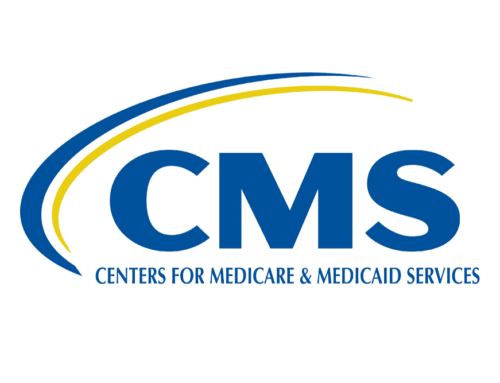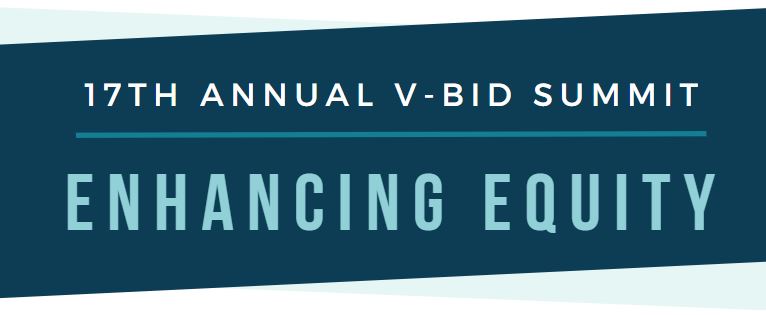
On March 23, 2022, the University of Michigan V-BID Center will hold the virtual V-BID Summit from 12 noon – 4 pm ET. An extraordinary roster of national leaders from across the health care spectrum will guide discussions on a number of topics with an emphasis on advancing equity in healthcare. Register now for this no-cost event.


Research to Inform Policy and Improve Equity in Cancer Screening
Recent UM studies found that patients often still incur significant out-of-pocket costs associated with necessary testing following free screening for colon, cervical, lung or breast cancer. Failure to complete the screening process could lead to cancer progressing, potentially leading to worse patient outcomes and high medical costs. The V-BID Center has launched a new initiative page that highlights the need for removal of barriers that deter the completion of the cancer screening process. Read more here.
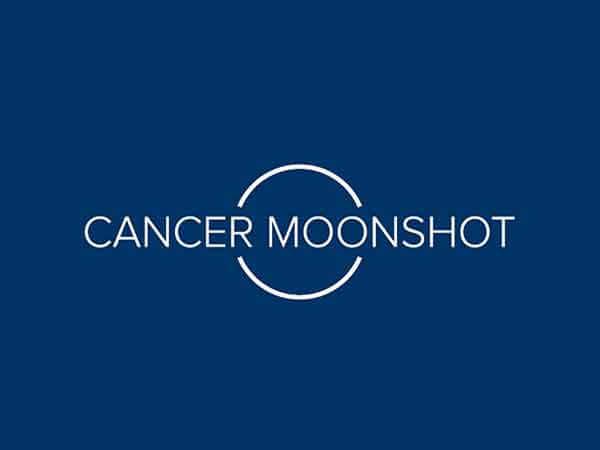
A Missed Opportunity in Cancer Moonshot 2.0
A recent STAT opinion asserts that prevention should be made a priority as the White House reignites the Cancer Moonshot. It is imperative that policymakers consider available evidence to inform policies that remove financial barriers to increase the number of people who follow up on abnormal test results of initial colon, breast, lung, and cervical cancer screenings. This is especially true for women and racial/ethnic minorities, who face significant inequities in cancer health. Read more here.
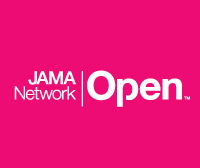
Out-of-Pocket Costs Among Patients With a New Cancer Diagnosis Enrolled in High-Deductible Health Plans vs. Traditional Insurance
Research published in JAMA Network Open has found that patients with a new diagnosis of cancer and enrolled in a high-deductible health plan faced sharp increases in out-of-pocket costs relative to those with traditional health plans and those without cancer. The authors suggest that health insurance plans with high cost-sharing leave patients vulnerable to considerable financial burden after receiving a diagnosis of cancer. Read more here.

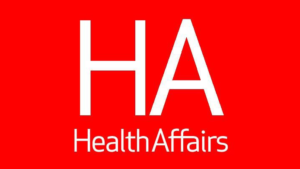
Lessons Learned In Medicare Advantage: The Role Of Supplemental Benefits In Achieving Better Health Outcomes
Supplemental benefits like fitness, telehealth, and transportation in Medicare Advantage (MA) plans continue to rise in popularity and have been found to add value of up to $32.5 billion each year for enrollees. The MA V-BID model allows the flexibility to further tailor plan design based on specific chronic conditions and socioeconomic characteristics. Read more here.

Experts Discuss How Employers Can Take on HSA-HDHP Challenges While Encouraging Value-Based Care
A recent AJMC article highlighted key takeaways from part two of the NAHPC webinar series on smarter deductibles in HSA-eligible HDHPs. Increasing utilization of high-value services and eliminating low-value care remained the focal point of discussions. Read more here.
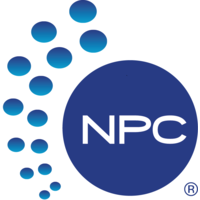
9 Employer Best Practices for High-Deductible Health Plan Design

What Leads to Greater Satisfaction With High-Deductible Health Plan Coverage?
The 2021 Consumer Engagement in Health Care Survey has found that overall satisfaction with coverage is lower among high-deductible health plan (HDHP) enrollees than those with traditional health insurance plans, but that satisfaction increased by 24% for HDHP enrollees who spent three years or more on their plan. Read more here.
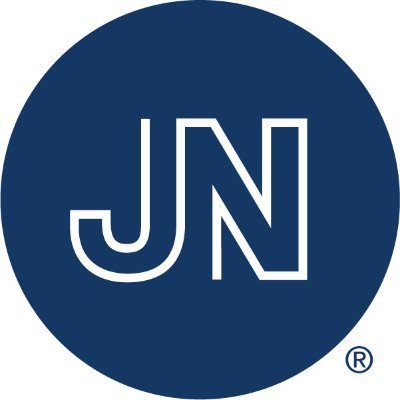
Overuse and Underuse of Health Care: New Insights From Economics and Machine Learning
Authors of a recent JAMA Health Forum article examine findings from recent studies and suggest that behavioral economics and machine learning can be leveraged to reduce low-value care and improve health outcomes. This research underscores the complexity of provider and consumer incentives and the need for a clinically nuanced approach to care.
Please Help Support the V-BID Center
As a non-profit entity, the V-BID Center relies on fundraising to support our research, education, and policy efforts. Please help us continue our work by donating here. We truly appreciate your consideration.


